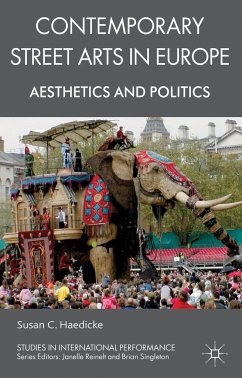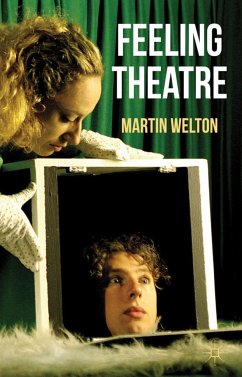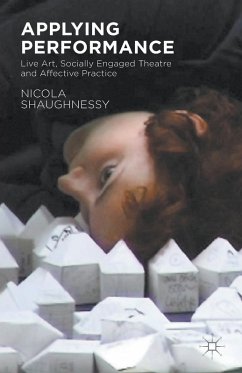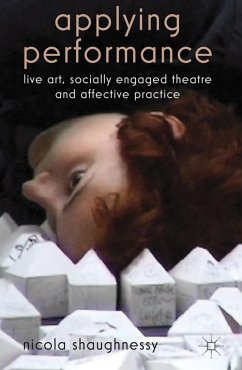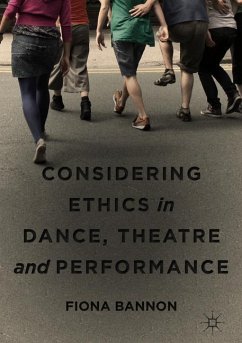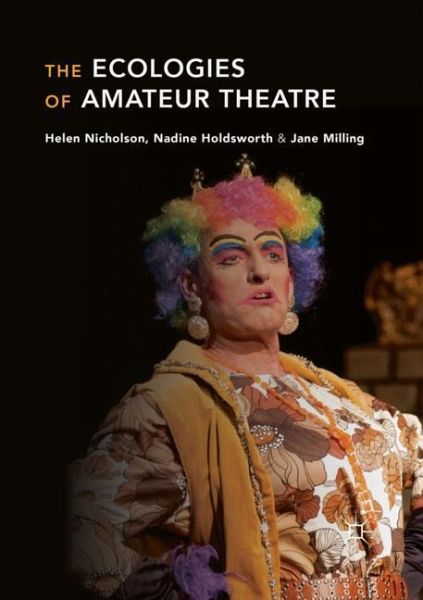
The Ecologies of Amateur Theatre

PAYBACK Punkte
15 °P sammeln!
This book is the first major study of amateur theatre, offering new perspectives on its place in the cultural and social life of communities. Historically informed, it traces how amateur theatre has impacted national repertoires, contributed to diverse creative economies, and responded to changing patterns of labour. Based on extensive archival and ethnographic research, it traces the importance of amateur theatre to crafting places and the ways in which it sustains the creativity of amateur theatre over a lifetime. It asks: how does amateur theatre-making contribute to the twenty-first centur...
This book is the first major study of amateur theatre, offering new perspectives on its place in the cultural and social life of communities. Historically informed, it traces how amateur theatre has impacted national repertoires, contributed to diverse creative economies, and responded to changing patterns of labour. Based on extensive archival and ethnographic research, it traces the importance of amateur theatre to crafting places and the ways in which it sustains the creativity of amateur theatre over a lifetime. It asks: how does amateur theatre-making contribute to the twenty-first century amateur turn?






